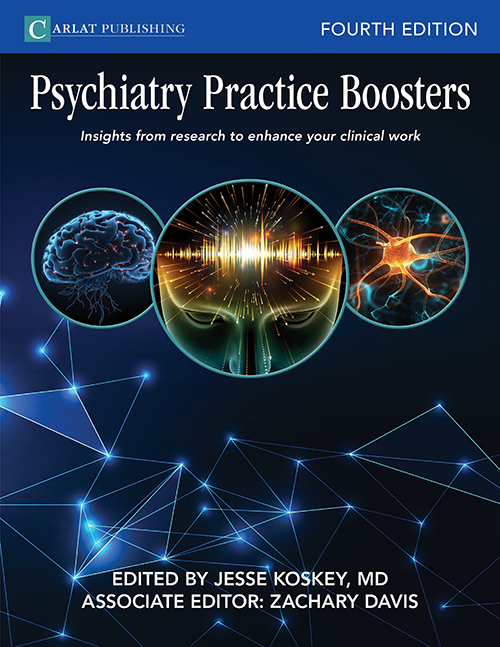Evaluating Psychosis in Children
 Claudio Cepeda, MD
Clinical associate professor in the Department of Psychiatry at UT Health, San Antonio, TX
Dr. Cepeda has disclosed that he has no relevant financial or other interests in any commercial companies pertaining to this educational activity.
The author of the Concise Guide to the Psychiatric Interview of Children and Adolescents, as well as a clinician who has served both inpatient and outpatient pediatric populations for decades, Dr. Cepeda shares his interviewing tips on how to detect signs of psychosis in children.
Claudio Cepeda, MD
Clinical associate professor in the Department of Psychiatry at UT Health, San Antonio, TX
Dr. Cepeda has disclosed that he has no relevant financial or other interests in any commercial companies pertaining to this educational activity.
The author of the Concise Guide to the Psychiatric Interview of Children and Adolescents, as well as a clinician who has served both inpatient and outpatient pediatric populations for decades, Dr. Cepeda shares his interviewing tips on how to detect signs of psychosis in children.
 Erica Greenberg, MD
Assistant psychiatrist at Massachusetts General Hospital; Pediatric Neuropsychiatry and Immunology Program within the OCD and Related Disorders Program, Boston, MA
Dr. Greenberg has disclosed that she has no relevant financial or other interests in any commercial companies pertaining to this educational activity.
Erica Greenberg, MD
Assistant psychiatrist at Massachusetts General Hospital; Pediatric Neuropsychiatry and Immunology Program within the OCD and Related Disorders Program, Boston, MA
Dr. Greenberg has disclosed that she has no relevant financial or other interests in any commercial companies pertaining to this educational activity.

_-The-Breakthrough-Antipsychotic-That-Could-Change-Everything.jpg?1729528747)



